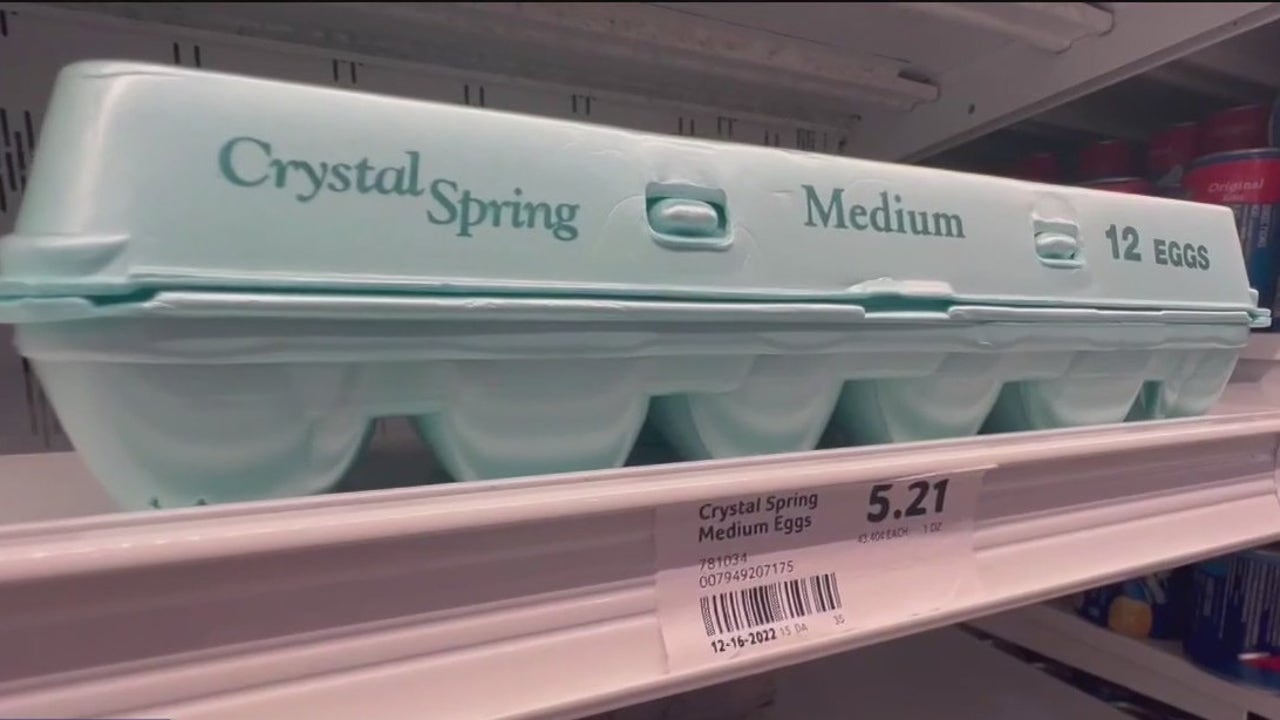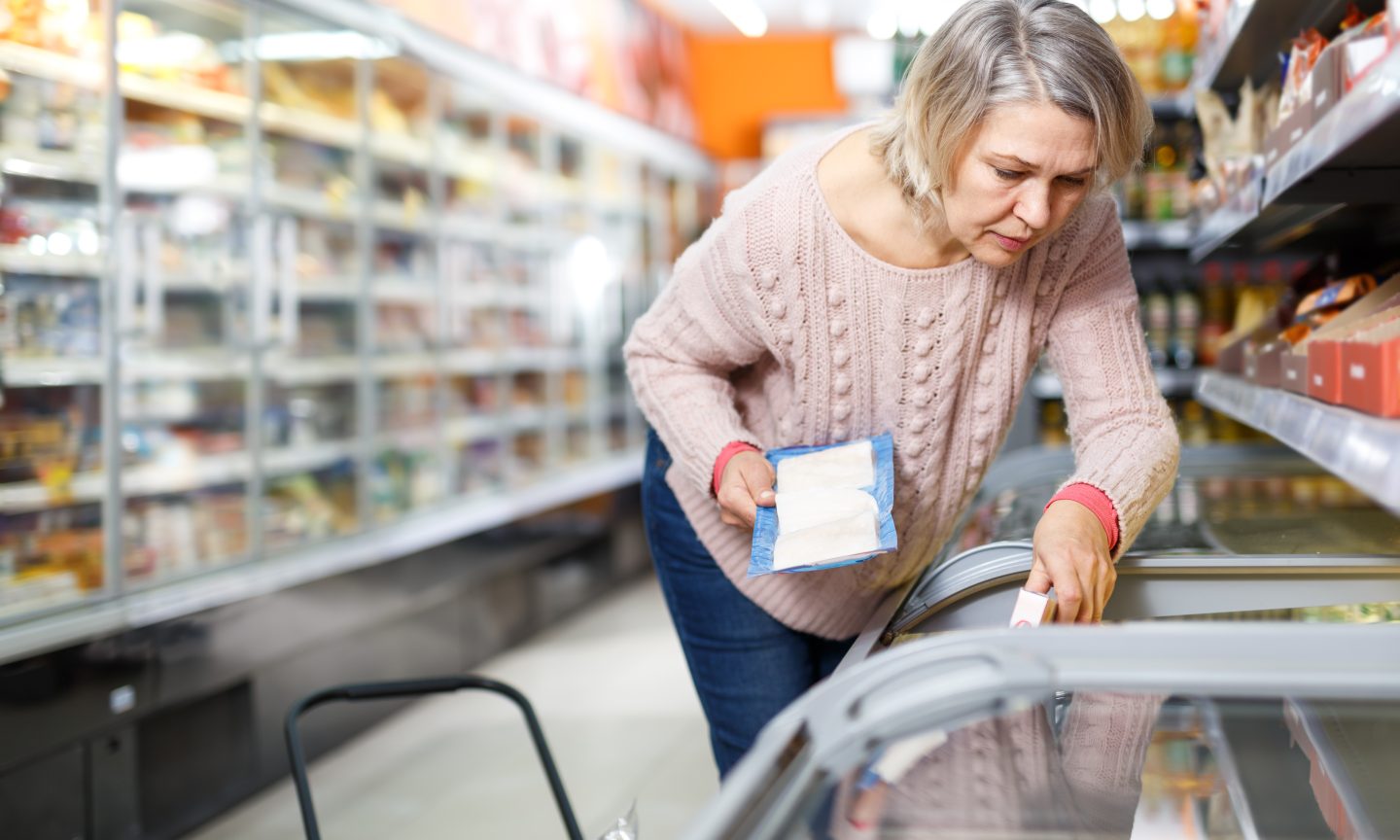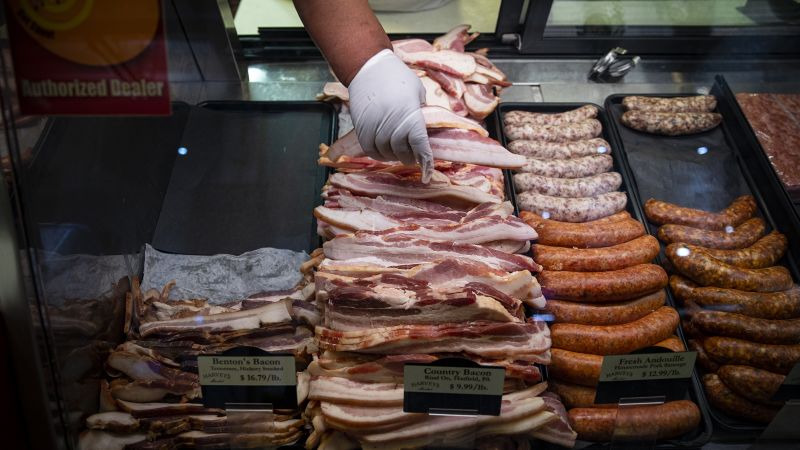- The Rembis Report and Other Fascinating Topics
- Posts
- The Rembis Report And Other Fascinating Topics - Volume CXXI
The Rembis Report And Other Fascinating Topics - Volume CXXI
If It Ain't Broke, Don't Fix It - Part III

As we head into the American “Holiday Shopping Season” this newsletter is the third of six weekly editions in a series about the cost of everything, overspending, corporate profits, and general wastefulness. I am looking at what we do to save money while companies try to get us to spend more and will examine why cars and houses cost so much. Is the price of food fair? What about everything else? Is there anything we can absolutely do without? Who can afford to buy anything, really? To get caught up, click the links below.
Do you like self-checkout?
Sure Mike, it’s easy, and kind of fun!
Wrong. You just think that you like it. Trust me, you don’t. I certainly don’t. Self-checkouts were designed by grocery checkers who hated their jobs so much, they decided to make you do their jobs for them, while they stand around and try to figure out whether or not you may be a shoplifter. Nobody wants to check groceries.
Some checkers are really friendly. They seem to like their jobs.
Yet, there you are, taking those jobs away from them, and doing it rather poorly, nonetheless. You ring it all up, you pack your bags, inelegantly putting the eggs on the bottom of the bag, dropping the watermelon on top of them . . .
That’s how they always do it.
And, as you can see, your training was inadequate. This is why you do not work in the grocery store. You are lucky they even let you in to shop.
The arguments for and against self-service groceries will rage for years. This is the only certainty I can foresee. Whether or not we groove into a fully self-service society is dependent upon those who reject it and won’t allow it to flourish. For those who enjoy self-checkout, their time has come. They stride through the grocery aisles, headgear pulsing whatever auditory stimuli they love, somewhat oblivious to their surroundings. If gunfire erupts on the other side of the store, they may not hear it. They take their goody basket up front, wave the barcodes over the lasers, tap their card on the pad, round up to the nearest dollar for the charity of the day to make it easy to count their money, and leave behind whatever cleanups may need to take place in the frozen foods, completely absorbed by their own slice of existence, with crude inattentiveness to everything else, then wonder why so many police cars are suddenly swarming the parking lot.
Blissfulness rules. Doing things yourself beats having somebody else touch all your food. Plus, not using cash provides an extra level of comfort. You know where your card has been, clean and safe in your wallet, but cash? It could have been anywhere, soaking up germs and grime from - everywhere. Why would you take chances with that when you can just do everything yourself?
So, I give up some level of socialization. So what?
Sure, some people don’t care. They are willing to stand in line for self-service over getting immediate help from a live person waiting for their next customer. It is indisputable that the trend is growing. Self-checkout is here to stay even with all of the frustration it may bring, like machines not working properly, and having to wait for help from an employee who is helping somebody else with the same problem you’re having. And wait you must, because they are short-staffed.
I can always get food delivered.
Of course you can. Delivery of prepared foods, like pizza and Chinese cuisine, dominate our culture. You can get anything. Even liquor. Make no mistake, food delivery has been around as long as there has been food, it just seems prevalent because of the advertising. Nobody needs to go to a grocery store anymore. Not at all, not ever again. Just hit up the app on your phone, tap a few tasty looking icons, and they will be delivered post-haste. Pre-measured groceries can be delivered with recipes so you can feel like a chef. You skip the store but not the cooking, and there is no need to tip the delivery guy this time. In some towns, like where I live, there are grocery stores that only exist online.
Kroger does this here. They have brick and mortar locations in Michigan. I used to go there when I was a kid. I went to one there last month. But in Florida, although I have never seen a Kroger store here, I see plenty of their trucks driving around making deliveries. They have billboards and TV commercials that can’t be missed, but no store - just a warehouse someplace. I have never visited their website and I don’t plan to. I like going to a store, picking out what I want, carrying it to a live checker, having a store employee bag it for me (I do supply my own reusable bags), and paying with cash. I am not paranoid about my identity being stolen or my purchases being tracked. I just like to use cash no matter how dirty it is. That is what helps me keep track of my spending. Cash is my thing.
Lots of others do exactly the opposite. They don’t even know what cash looks like or how to count change. They buy everything online and never see who came in contact with their food. Not that we have any idea of what atrocious fiasco happened in the factory the day our peanut butter went into the jar, anyway, but everyone has their own level of comfort.
So be it.
What I wonder is how all these services affect the price of food. Does the promotion and proliferation of self-service raise or lower the price of food?
That is tough to say. The people selling the self-serve kiosks to fast food restaurants promote them by saying that customers spend 20% more when left to their own devices. Do we do the same thing when buying groceries online or when we use self-checkout at the grocery store? For fast food it sort of makes sense. You don’t feel like a person is trying to upsell you. When a machine offers you some package deal for a dollar more, however, you are stuck making a quick yes or no decision that may seem too good to pass up in the moment.
With groceries we are more likely to stick to a budget. We know what we plan to spend and generally have our own predetermined habits that may help us avoid overspending. So, it is not necessarily about how much each individual item costs, but what the absolute bottom line is.
Piggly Wiggly first experimented with self-checkout over a century ago. Recently, legislators in Rhode Island and Illinois floated the ideas of giving self-checking customers discounts or taxing stores for each of their self-checking kiosks. That caused a lot of ruckus and nothing happened. No laws came in to being.
The grocery game has lots of pundits with strong opinions about what legislating the industry means. Whether or not self-checkout raises or lowers the price of groceries does not matter. What matters is the freedom of autonomy. In the end, the general consensus is that self-service does not affect the price of groceries, just the cost of labor. If stores can get you to do the work, they get a bonus.
I have never worked in a grocery store. In all of my 100+ jobs the closest I ever came to working in a grocery store was a temp job buffing floors on an overnight shift at a Safeway in Spokane. And I worked at a little convenience store stocking shelves in Dearborn one summer when I was a kid. That’s it. So, I don’t have any first-hand insight into this industry. Just what I hear and read.
As a consumer, eggs seemed to get pricey a while back. Then, the last couple times I bought them, they were around a dollar a dozen. Must be a bumper crop now that the industry ran through the problems that raised prices to begin with, like bird flu, and the domino effect of supply chain issues related to Covid.
Prices go up and down all the time. There are so many variables that you can’t just say that all food is getting more expensive. Some does, and some does not, and it only happens sometimes.
(golf clap) That is vaguely insightful, Mike.
Well, it’s true!
Corn is affordable again. Not that it wasn’t affordable before, but now, there is a huge surplus in the food chain (third largest crop ever) and reserves should last quite a while. Corn is used for almost everything. It is a main ingredient in about 75% of the canned and boxed food in a typical grocery store. You put it into your car in the form of ethanol. We feed it to pigs, cattle, and chickens. Corn is king.
That surplus might bring the cost of food down, but maybe not. It may really be all about where you shop. I notice that many things at Walmart are 20 - 30% cheaper, and sometimes half the price, of the same items at Publix. Not everything, but many things.
I don’t always find exceptional quality in meats at my local Walmart. For beef, which is my favorite meat, it really comes down to the butcher at specific stores. Some stores do it right, some don’t. Once I figured out which meat departments seemed to have their act together, that’s where I tend to shop.
I am not the only one who finds a marked difference in pricing between Walmart and Publix. This Quora question was answered by a guy who had a lot to say about it. I found his reply to reflect the general consensus I have heard from others in my neighborhood.
Sean Robertson: Don’t believe some of these answers because it’s a load of crap. Most “manufacturers” are done at the same places. Walmart brand, Publix brand, Jonny’s Eat and Go are all the same food with different logos specific to the brand printed on them. My best friends brother in-law (yeah like my buddies best friends neighbors former dog owner….) but seriously, he sells corn to Walmart and most of the trucks get sent elsewhere because of the high standard. So saying it’s better quality is a joke, easily debunked. Publix meat is inferior to Costco, Walmart/Sam’s, even Aldi and anyone pretending it isn’t either works for Publix meat department, has no taste buds or is lying straight out. Just checking literally RIGHT now a quick price check and here’s what I saw. Publix .59 cents a tomato and Walmart .29 cents for Roma tomatoes. Let me guess, Publix “higher” quality comes straight form the Italian lands of Pompei, I HIGHLY doubt that. More than likely the same farmer or similar. Avocados, Publix 1.34 per and Walmart .88 cents. Did Publix fly them straight from Guatemala? Chicken breasts 6.63 a pound, Aldi 1.99, again, let me guess, these chickens that are not even labeled organic, (which is another scam) were flown in from Disney land where they watched Disney movies all day before becoming Publix meals. Yeah, nope. Publix is a HUGE 7–11. Convenience store only if you want food. It’s high prices and there when you forgot milk and don’t have time for the Walmart experience. Sometimes they sucker, suckers in with a 3–1 12 pack of cokes but other than that it’s a Walgreens. 8 bucks for chips but look at the soda savings! So don’t believe these jacka55es on here that probably work for “fill in the blank” just look it up. And unless you are some save the trees and pay 5 times more for “organic” moron, use honest reality and check some places first. I’d rather pay 10 bucks for 2 pound of good bacon then 10 for one from Publix. Unless of Course Publix shows me how their bacon, by the same exact company was far superior in their packaging. Oh, and the leprechaun they swear is right around the corner.
Whatever affects food prices really doesn’t matter because I am not going to stop eating until I die. As far as self-checkouts are concerned, I am not going to use them if I don’t have to, even if they pay me.
I don’t work for the grocery store, and I don’t want that job.
Thanks for reading.
If you are new to the Rembis Report and would like to read any of the previous issues, PLEASE CLICK HERE to access the archives. To read it from the beginning, PLEASE GET A COPY of The Rembis Report: An Observation.


